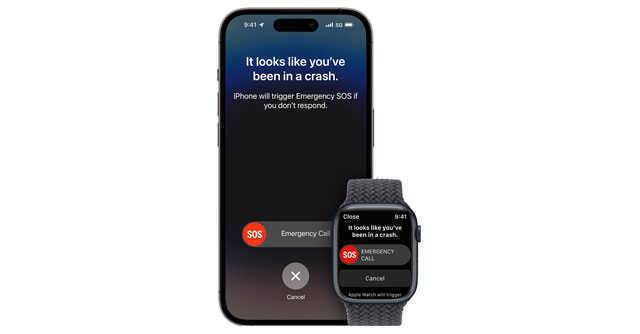
Apple rolls out update to optimise crash detection in iPhones


Apple has released a new software update to further optimise the crash detection feature on iPhone 14 and iPhone 14 Pro models after emergency responders slammed the big tech company for a wave of automated false alarms generated from ski resorts.
The update is part of the iOS 16.3.1 version that also fixes some bugs in iCloud and Siri and provides the latest security updates for all iPhones.
Though Apple didn’t elaborate on what the optimisation in crash detection means, it is most likely another attempt by the big tech company to control the issue of false alarms new iPhones have been generating at ski resorts and adventure parks.

According to an NYT report, published February 3, 911 emergency service providers in the US have been inundated with dozens of automated distress calls every week, many of which were later found to be false.
Most of these calls originated from ski resorts that are seeing a sudden rush of tourists after a snowfall. Similar instances of false alarms were reported in Japan in January where over 134 false alerts were generated in December-January by the crash detection feature in the iPhones.
The new update is the second release by Apple to improve the crash detection feature. Last December, the company released 16.1.2, which also introduced crash detection optimisations.

Crash detection feature was introduced last September with the new iPhone 14 and iPhone 14 Pro models and Apple Watch Series 8 and Apple Watch Ultra smartwatches. It sends out emergency alerts within 20 seconds with location details if the device detects a severe car crash.
Though this feature uses sensors such as a gyroscope (detects horizontal and vertical rotation) and accelerometer (motion and velocity) to detect any sudden changes in motion or height, Apple said at the time of the launch that the feature is designed for four-wheel passenger vehicle crashes with a certain mass, G-force, and speed profiles consistent with severe, life-threatening crashes.
Several new smartphones now have in-built crash detection features. Last October, Google released Pixel 7 smartphones, which also offers crash detection features in select countries such as the US.

